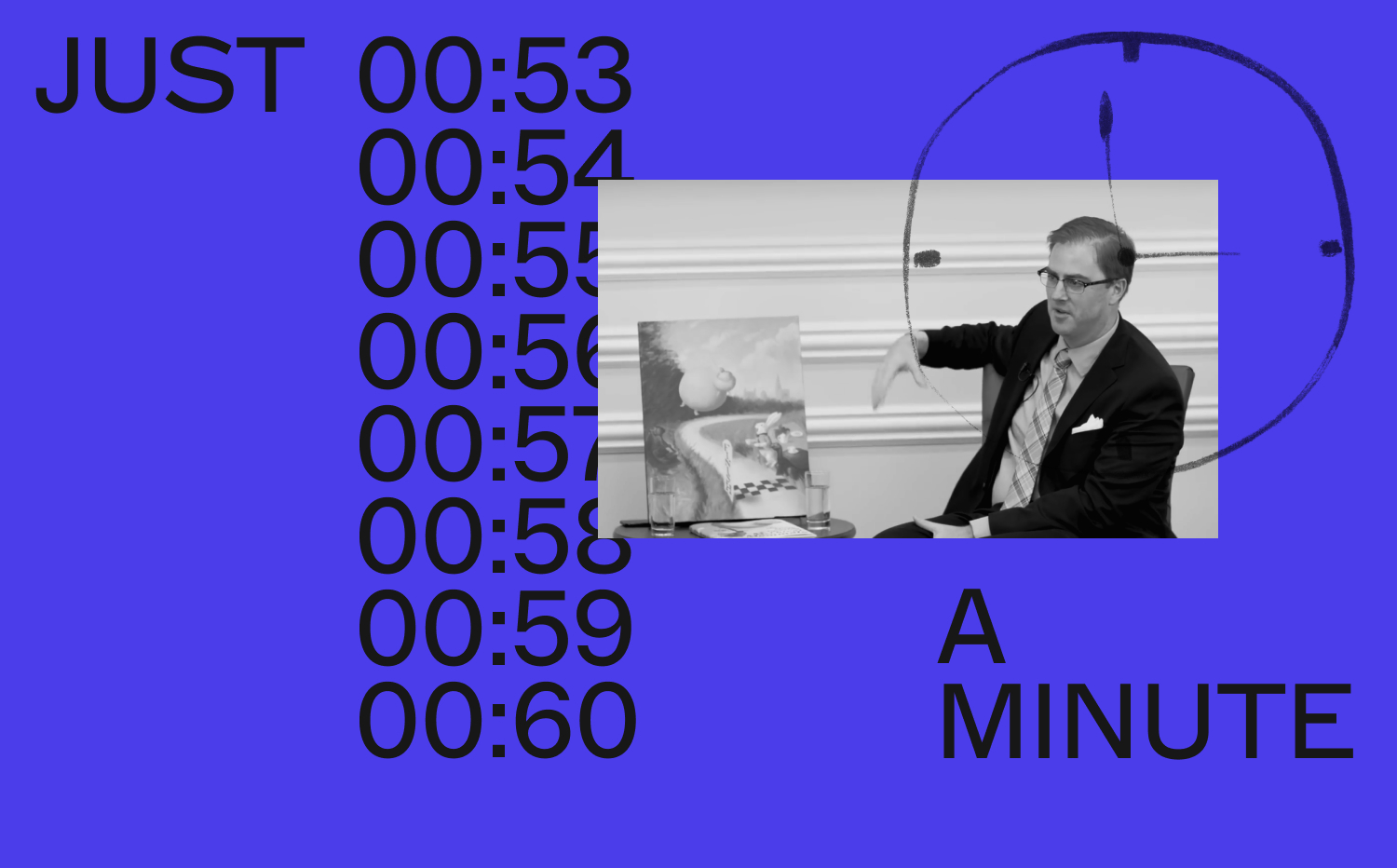What fictional character do you think is most true to life, and what truth does his story illuminate?
One candidate for the most true-to-life tragic character is Prince Hamlet of Denmark. His mysterious and opaque character, at once lively and morose, has captured our imagination and refused to let go. We may keep returning to Hamlet’s character, to its riddles and mysteries, for the great deluge of soliloquies and pseudo-soliloquies (when someone may be watching) that flow from him. Hamlet offers us a window into the interior life of his character, but in offering this intimate view, Shakespeare creates for us a tragic vision that must be a caution to every human heart. That is, the “To Be or Not To Be” soliloquy, like all the rest, reveal a certain wildness and flurry of words that excite Hamlet’s anger and despair but never lead him to prudent deliberation or soulful reflection on truth, justice, or that great goal of philosophy and faith, a good death. Hamlet fruitlessly ruminates on suicide, concluding it is somehow preferable to living without the crown avenged. He reflects on conscience, concluding that it, rather than fearful small-souledness, is the source of cowardice. And he ponders greatness, concluding that it means fighting over petty matters of honor removed from any concern for civic justice. His tragic inner life leads to a tragic end both for him and for his country.
What all those soliloquies have in common is (1) a secret ambition for benighted greatness, glory, and power, (2) a superficial despair that hides this ambition, and (3) deep ignorance of how powerfully our tongue can shape our emotions while either hiding or revealing our real desires. Hamlet’s wild, passionate speculations hide from the sight of all, even his own, his desires for glory, which only rise to the surface at the end of the play, but then so tinctured by recklessness and despair, that they can only end tragically. Why? Because he has deceived himself about the nature of his own motivations and warped them in the process. And we, the audience, look upon this psychodrama of insincerity and lackluster self-knowledge in proper horror, having come close to something broken in the heart of each one us—namely, our penchant for self-deception and our love of that mistaken convenience in remaining so deceived. Hamlet calls each of us to sincerity, integrity, and self-examination by giving us a true-to-life tragic character bereft of these triumphs of virtue.
Dr. Matthew Mehan is the Director of Academic Programs for Hillsdale College’s Washington D.C. campus and Assistant Professor of Government for the Van Andel Graduate School of Government.
He is also the author of The Handsome Little Cygnet as well as Mr. Mehan’s Mildly Amusing Mythical Mammals, an illustrated, best-selling book of poems that one critic called “a new classic” in children’s literature.
